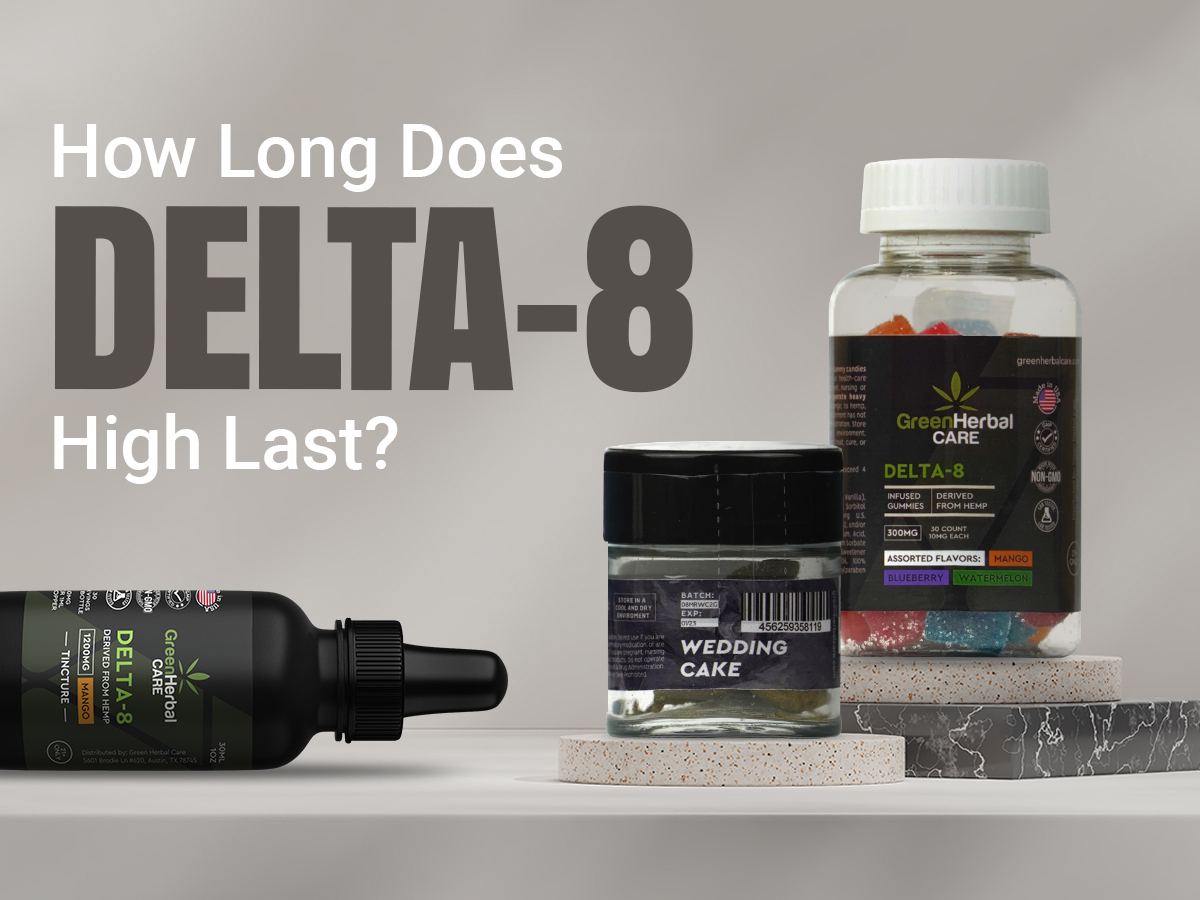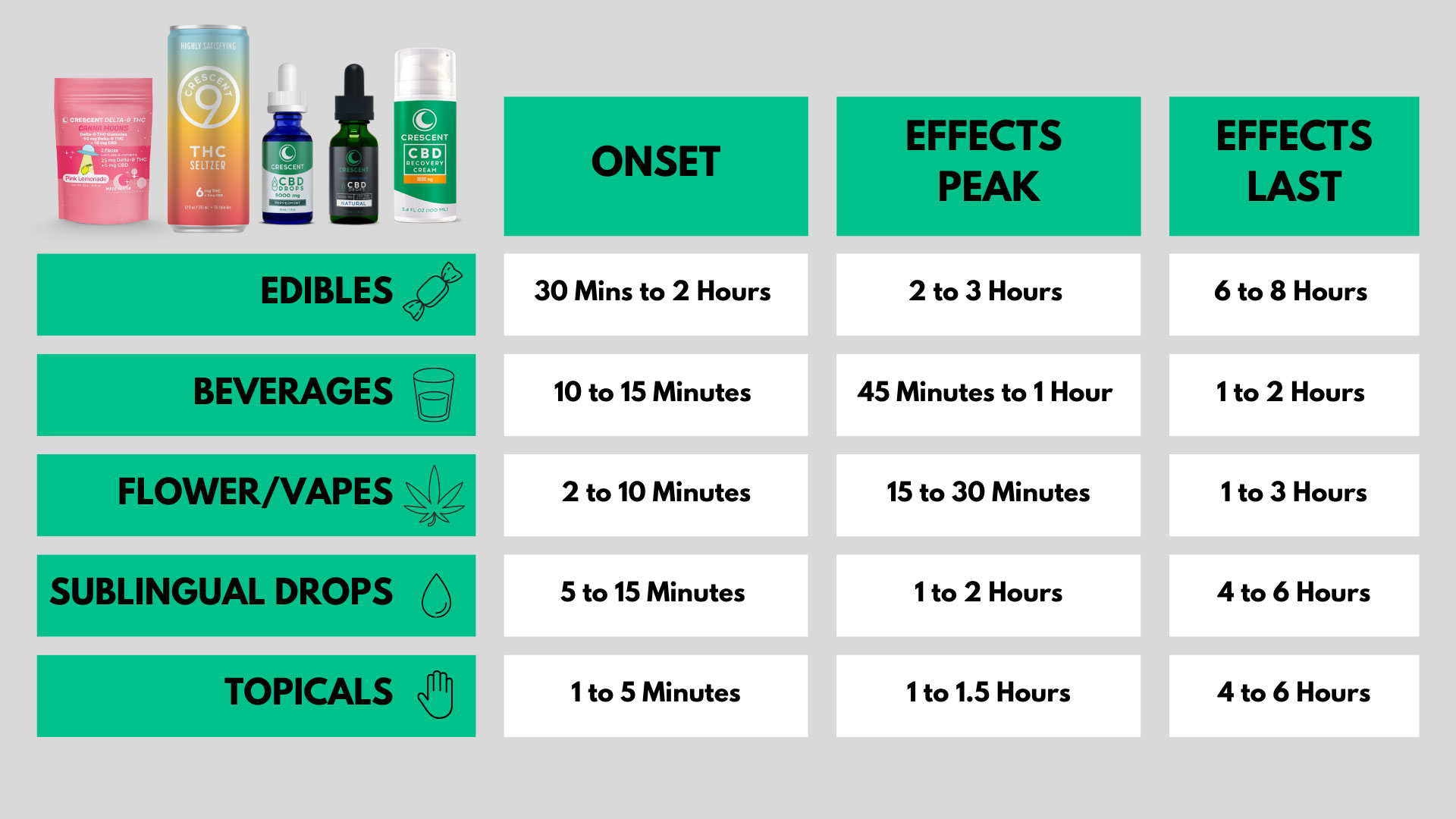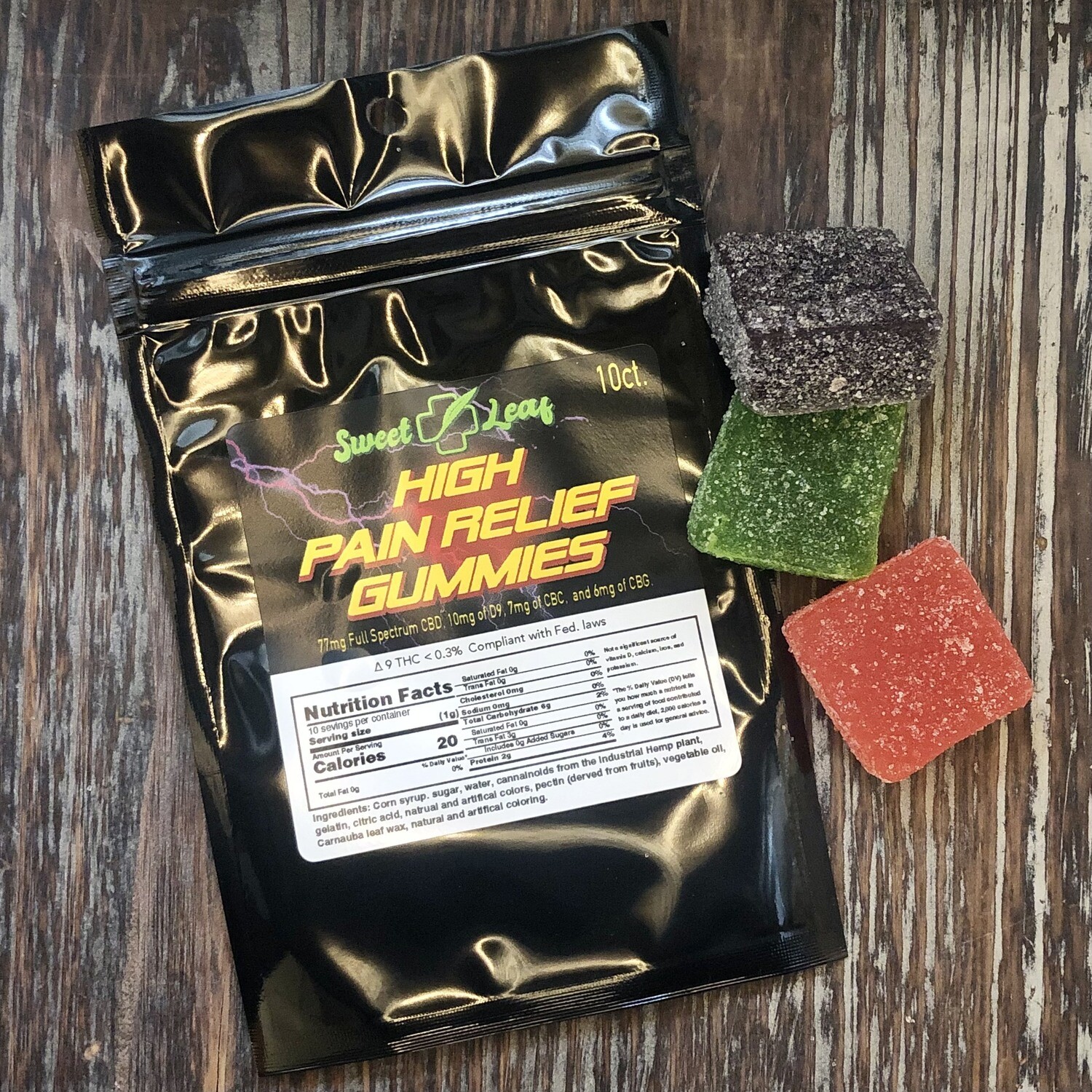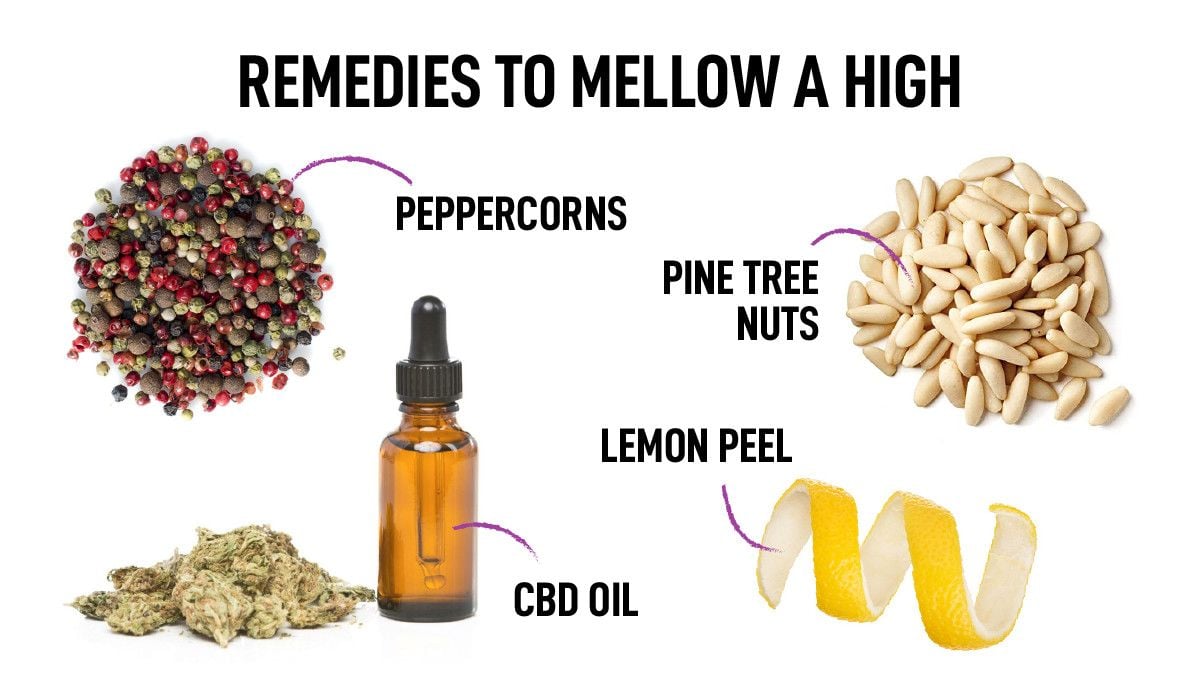How Long Will Delta 9 High Last

Delta 9 THC, the primary psychoactive compound in cannabis, delivers effects that vary significantly among individuals. Understanding the duration of a Delta 9 high is crucial for responsible consumption and managing potential risks.
This article provides a concise overview of the factors influencing how long a Delta 9 high lasts, focusing on confirmed data and expert opinions to guide users and inform public understanding.
Factors Influencing Delta 9 High Duration
Several factors determine the length and intensity of a Delta 9 high. Dosage is paramount; higher doses generally lead to longer and more intense experiences.
The method of consumption also plays a critical role. Inhaled Delta 9, such as through smoking or vaping, typically results in a quicker onset and shorter duration compared to edibles.
Individual metabolism is a key determinant. People with faster metabolisms tend to process THC more quickly, leading to a shorter high.
Consumption Methods and Timelines
Inhaled Delta 9 effects typically manifest within minutes, peaking within 30 minutes to an hour. The overall high usually lasts 2 to 4 hours, with residual effects potentially lingering for several more hours.
Edibles, on the other hand, can take 30 minutes to 2 hours to kick in. Peak effects can last for 2 to 3 hours, and the entire experience can span 6 to 8 hours or even longer, depending on the dose and individual factors.
Sublingual administration, where Delta 9 is absorbed under the tongue, offers a middle ground. Onset is faster than edibles but slower than inhalation, with effects lasting approximately 3 to 6 hours.
Individual Variations and Considerations
Body weight and composition influence how Delta 9 is distributed and metabolized. Individuals with higher body fat percentages may experience longer-lasting effects due to THC's affinity for fat tissues.
Tolerance levels also play a crucial role. Regular cannabis users often develop a higher tolerance, requiring larger doses to achieve the same effects and potentially experiencing shorter highs.
Individual sensitivity to THC varies widely. Some people are naturally more sensitive and may experience stronger and longer-lasting effects even at low doses.
Potential Side Effects and Mitigation
Common side effects of a Delta 9 high include anxiety, paranoia, and impaired coordination. These effects are typically temporary but can be distressing for some individuals.
Staying hydrated, consuming snacks, and finding a calm environment can help mitigate these side effects. For severe anxiety, seeking support from a trusted friend or family member is recommended.
It is crucial to avoid operating heavy machinery or driving while under the influence of Delta 9. Impaired judgment and reaction time can significantly increase the risk of accidents.
Research and Legal Landscape
Research on Delta 9's long-term effects is ongoing. While some studies suggest potential therapeutic benefits, others highlight potential risks associated with chronic use, such as cognitive impairment and dependence.
The legal status of Delta 9 varies widely across jurisdictions. In many areas, cannabis products containing Delta 9 are legal for medical or recreational use, while others maintain strict prohibitions.
Consumers should be aware of the laws in their area and purchase Delta 9 products from reputable sources to ensure quality and safety. Always verify the Certificate of Analysis (COA) before consuming.
Expert Opinions and Recommendations
Dr. Emily Carter, a leading cannabis researcher, emphasizes the importance of starting with low doses and gradually increasing as needed. "Individual responses to Delta 9 can be unpredictable, so it's essential to proceed with caution," she advises.
Michael Thompson, a cannabis educator, recommends keeping a journal to track dosage, consumption method, and experienced effects. "This can help individuals better understand their own tolerance and sensitivity to Delta 9," he explains.
Experts also stress the importance of responsible consumption and avoiding combining Delta 9 with other substances, such as alcohol or prescription medications.
Ongoing Developments and Next Steps
Research into the effects of Delta 9 continues to evolve, with ongoing studies exploring its potential therapeutic applications and long-term risks.
Regulatory bodies are actively working to establish clear guidelines and standards for cannabis products, including Delta 9. These efforts aim to protect consumers and ensure product safety.
Consumers are encouraged to stay informed about the latest research and legal developments related to Delta 9. Engaging with reliable sources of information can help promote responsible and informed decision-making.


















